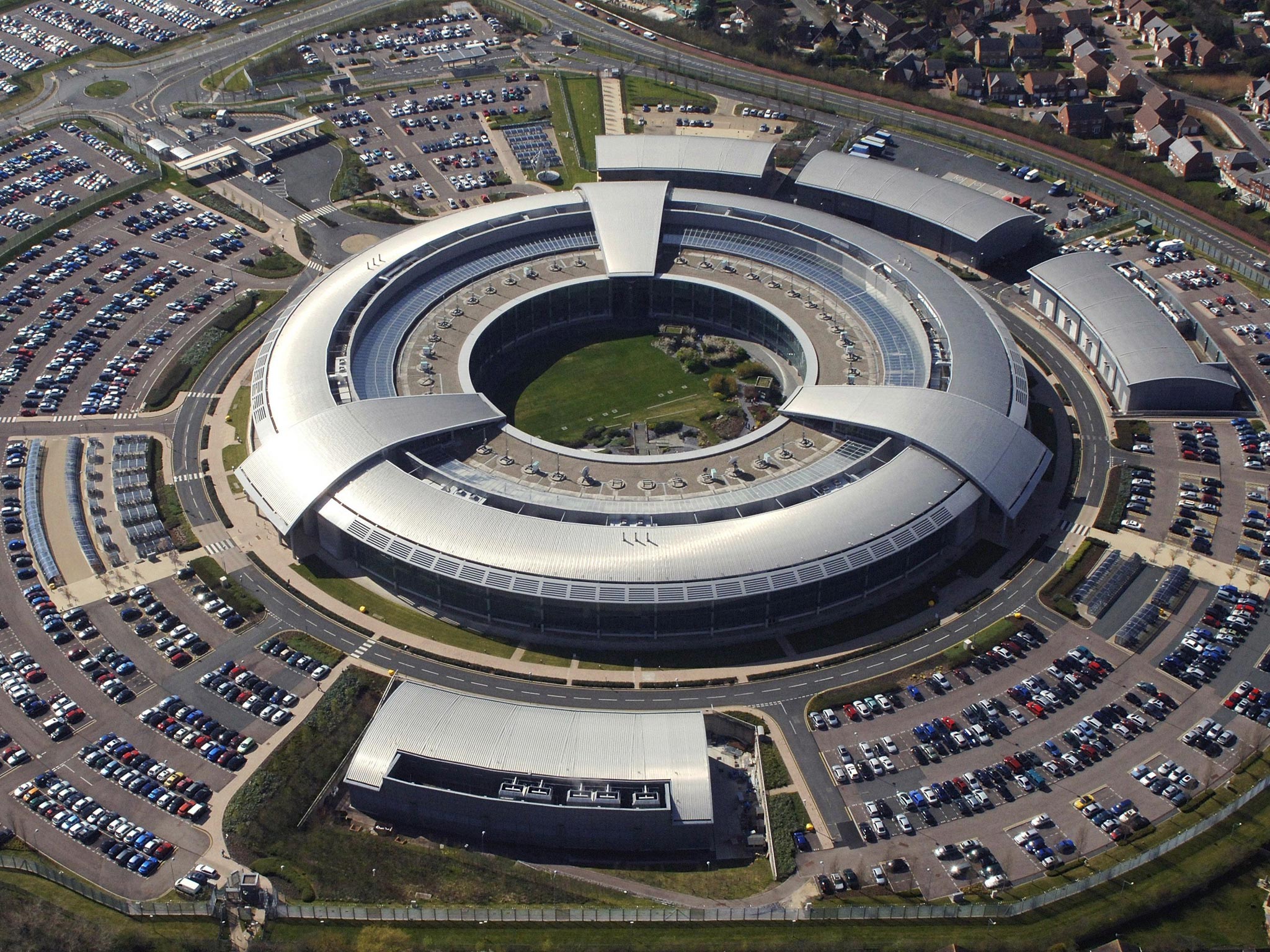UK Government to defend mass surveillance practices against legal challenge
Tribunal will hear case from civil liberty groups alleging that surveillance programmes such as Tempora and Prism breached human rights

Your support helps us to tell the story
From reproductive rights to climate change to Big Tech, The Independent is on the ground when the story is developing. Whether it's investigating the financials of Elon Musk's pro-Trump PAC or producing our latest documentary, 'The A Word', which shines a light on the American women fighting for reproductive rights, we know how important it is to parse out the facts from the messaging.
At such a critical moment in US history, we need reporters on the ground. Your donation allows us to keep sending journalists to speak to both sides of the story.
The Independent is trusted by Americans across the entire political spectrum. And unlike many other quality news outlets, we choose not to lock Americans out of our reporting and analysis with paywalls. We believe quality journalism should be available to everyone, paid for by those who can afford it.
Your support makes all the difference.A legal challenge to the legitimacy of UK’s mass surveillance programmes begins this week in the country’s most secretive court.
The case held at the Investigatory Powers Tribunal (IPT) could see GCHQ, the government’s intelligence and information gathering agency, confirm or even defend the existence of project Tempora – the UK’s most powerful mass surveillance tool.
Details of project Tempora were disclosed in documents leaked by Edward Snowden but the UK Government has yet to either confirm or deny its existence.
The leaks, first published in the Guardian newspaper, outlined a massive operation that became operational in 2011, using intercept hardware on the fibre-optic cables that make up the ‘backbone’ of the internet to directly sift traffic from around the world.
The operation – described in internal documents titled ‘Mastering the Internet’ – allegedly stores content for three days at a time, allowing GCHQ and NSA operatives to search the private messages of both ordinary citizens and criminal suspects using keywords, names or email addresses.
This week’s legal challenge – brought by Amnesty International, Liberty, the American Civil Liberties Union and other groups – alleges that Tempora exists and that it breaches articles 8 and 10 of the European Convention of Human Rights, which provide for the right to privacy and freedom of expression.
Since the IPT was established 14 years ago no complaints against the practices of the intelligence services have been upheld.
The nearest the government has come to a defence of its surveillance programs to date came in June when Charles Farr, the country’s most senior intelligence official, said that the mass interception of activity on Facebook, Twitter and Google was legal because these services counted as “external communications”.
The tribunal comes just days after the government announced an emergency bill extending the government’s ability to access user data collected by ISPs after the European Union ruled such powers illegal.
A statement published by Amnesty International says that this will be the "first time" that intelligence agencies have appeared in a public hearing "answer direct allegations and state their position on the mass surveillance operations as a whole, since the Snowden revelations".
Join our commenting forum
Join thought-provoking conversations, follow other Independent readers and see their replies
Comments